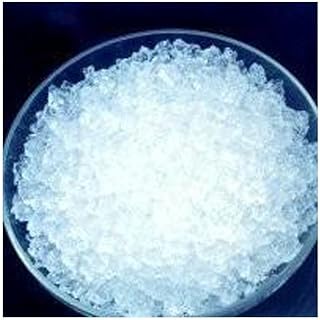Super Absorbent Polymers (SAPs) are versatile substances developed by the US Department of Agriculture in the 1960s to enhance water conservation in soils. While initially designed for agricultural purposes, SAPs have found applications in various products, with the largest demand in hygiene products such as diapers. This article explores what SAPs are, and their functions, and addresses safety concerns surrounding their use.

What Are Super Absorbent Polymers?
Super Absorbent Polymers (SAPs) are materials capable of holding a substantial amount of liquid relative to their size. Originally created to improve water retention in soils, SAPs have evolved to become integral components in a wide range of products, including water retention items and even toys. The primary demand for SAPs is in the production of diapers and hygiene products.
Functionality of Super Absorbent Polymers:
The remarkable feature of SAPs lies in their ability to absorb liquid, ranging from 50 to 500 times their own weight, depending on the type of liquid. This characteristic makes them highly beneficial in hygiene products like diapers, where they outperform materials like cotton and fluff pulp in absorption capacity. Diapers with SAPs are thinner, more absorbent, and use fewer raw materials, contributing to environmental sustainability by reducing landfill volume. Additionally, SAPs improve moisture-wicking, resulting in drier and healthier bottoms, reducing the risk of nappy rash.
Biodegradability of Super Absorbent Polymers:
While traditional SAPs are not biodegradable, ongoing research into nanofibers and the development of natural alternatives using biopolymers from biomass fermentation may provide environmentally friendly options in the future. Despite their non-biodegradable nature, the significant reduction in landfill volume makes the current use of SAPs worthwhile.
Safety of Super Absorbent Polymers:
Extensive research has been conducted on the safety of SAPs, and various regulatory bodies have deemed them non-toxic. The FDA permits the addition of SAPs to food, and safety data sheets affirm their non-toxic, non-sensitizing, non-irritant, and non-mutagenic properties. Furthermore, the EU Ecolabel endorses the use of SAPs in hygiene products, reinforcing their overall safety profile. In summary, the use of super absorbent polymers is considered safe, providing numerous benefits without compromising health or the environment.

